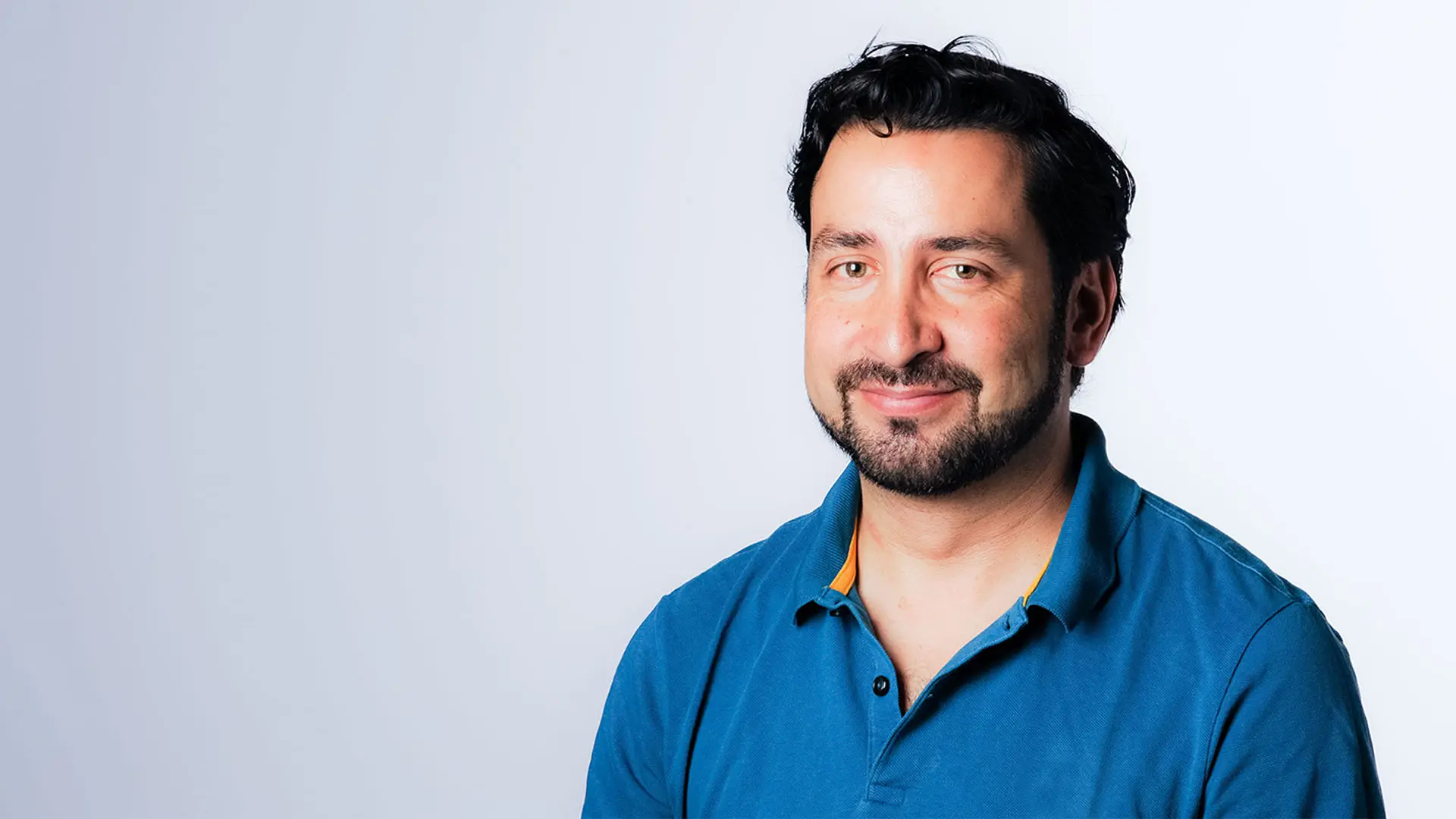I have chosen the Politecnico di Milano for my PhD studies for three main reasons. First of all, because the concepts that we recognise today in the field of materials design were developed right here in Italy, starting as far back as the period of the Radical Movement, and because the pioneers of these observations and experimentation form part of the history both of the original Domus Academy (where I previously studied and worked) and the Department of Design at the Politecnico. The second reason is that there are currently many researchers at the Department of Design with an up-to-date, cutting-edge approach that has been developed in line with other major European design schools such as the Royal College of Art London, the Delft University of Technology and the Design Academy Eindhoven. It was actually Ezio Manzini, in one of his visits to my university in Bogotá a few years ago, who suggested that I work with Valentina Rognoli, my thesis supervisor, with whom I am a member of the international research workshop Materials Experience Lab together with researchers from the Delft University of Technology. My final reason is that here in Milan things happen that don’t happen anywhere else in the world of design! It’s only by living here that they can be understood and so, as a foreign researcher, this is the best place in Italy to follow a postgraduate programme in Design.
My research focuses on DIY Materials that is, materials which are self-manufactured, largely by designers. Over the last three years, I have been investigating this phenomenon more closely and developing a classification inspired by the earliest categorisations developed by scientists in the eighteenth century, particularly that of Carl Linnaeus. This categorisation provides a support for a scientific structure for DIY Materials, towards the creation of DIY Materials Kingdoms (Ayala-Garcia, Rognoli & Karana, 2017) (Ayala-Garcia & Rognoli, 2017), which are distinguished from the materials traditionally developed by materials engineers and scientists, that is, so-called STEM (Science, Technology Engineering & Mathematics) Materials. Our research is also seeking to bring people into contact with materials to learn about their qualities and properties, which is why we speak of DIY Materials for Social Change, in a process in which users come to play an active part in design, in line with current thinking about the development of sustainable products and about the development of circular economies in the field of materials.
The title of my thesis is The Materials Generation: it is, in fact, today’s generation of designers who are literally taking material into their own hands and generating it, thanks among other things to the democratisation of technology (something that still had not happened at the time of the Bauhaus period or of the publication of The Material of Invention by Ezio Manzini), and who are seeking to do design (hopefully) in a more aware manner, where material is no longer chosen at the end of the design process but is created for the project itself.
This research, in addition to the dissemination of its results, is also offering new teaching models for the School of Design, giving students and – why not – also the Bovisa campus community the chance to approach materials, and generating social innovation starting from material. For example, with the support of the Prototypes Lab and Polifactory we are building the four machines of Dave Hakkens’ *Precious Plastic *, an open-source project dedicated to recovering plastic and other in-house waste material, which transforms refuse into a design resource. This research activity is being conducted as part of the Polisocial project Tambali Fii, coordinated by Andrea Ratti, in which we plan to test the use of these machines and propose circular economy initiatives in Senegal. Within the classification of the DIY Materials “kingdoms” we have defined this approach and the various self-manufactured materials as part of the Recuperavit Kingdom, the one in which the words “scrap” or “waste” no longer exist. We hope that these machines can always be used, modified and updated for changing academic needs, bringing about a transformation in design and prototyping methods as well as generating material resources. These processes have in fact been tested during the optional course of the Laurea Magistrale, “Designing Materials Experiences”: the materials designed by students are already available in the catalogue of the Politecnico’s Materioteca or materials library, complete with samples and “recipes” for their creation. The students who took part in the course during the two years that it has been held come from 61 different countries and have developed no fewer than 178 materials “Made @ Polimi”: it is also thanks to them that we have inaugurated several experimental teaching projects in Europe, which we have called DIY-Materials on Tour.
All of this goes to show how the development of such processes is an integral part of circular economy initiatives: we hope that this approach will make it possible to make several communities self-sufficient in terms of production where both natural and reclaimed resources are already present. We will also continue to test the model, having recently joined the Politecnico’s Lens research lab.
